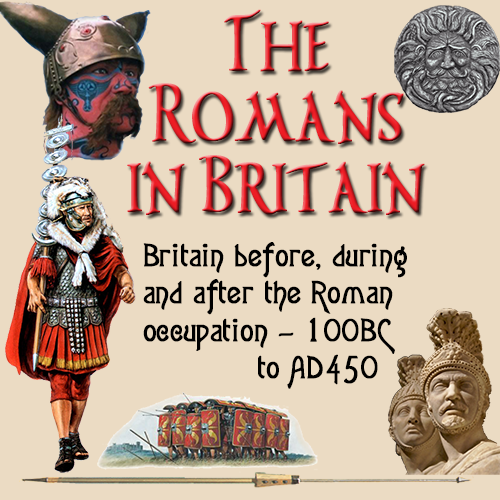Aulus Plautius
From Wikipedia, the free encyclopedia
 Little is known of Aulus Plautius' early career. It was previously believed that he was involved in the suppression of a slave revolt in Apulia, which possibly happened in AD 24, alongside Marcus Aelius Celer. However, the "A·PLAVTIO" of the inscription is now identified as Aulus' father of the same name, Aulus Plautius. The younger Plautius was suffect consul for the second half of 29, with Lucius Nonius Asprenas as his colleague. Subsequently he held a provincial governorship, probably of Pannonia, in the early years of Claudius' reign; another inscription shows he oversaw the building of a road between Trieste and Rijeka at that time. nthony Birley suspects Plautius also played a role in suppressing the coup by Lucius Arruntius Camillus Scribonianus in 42.
Little is known of Aulus Plautius' early career. It was previously believed that he was involved in the suppression of a slave revolt in Apulia, which possibly happened in AD 24, alongside Marcus Aelius Celer. However, the "A·PLAVTIO" of the inscription is now identified as Aulus' father of the same name, Aulus Plautius. The younger Plautius was suffect consul for the second half of 29, with Lucius Nonius Asprenas as his colleague. Subsequently he held a provincial governorship, probably of Pannonia, in the early years of Claudius' reign; another inscription shows he oversaw the building of a road between Trieste and Rijeka at that time. nthony Birley suspects Plautius also played a role in suppressing the coup by Lucius Arruntius Camillus Scribonianus in 42.
Claudius appointed Plautius to lead his invasion of Britannia in 43. The causus belli was to restore
The invasion force consisted of four legions: IX Hispana, then in Pannonia; II Augusta; XIV Gemina; and XX Valeria Victrix, plus about 20,000 auxiliary troops, including Thracians and Batavians. Legio II Augusta was commanded by the future Emperor Vespasian. Three other men of appropriate rank to command legions are known to have been involved in the invasion: Vespasian's brother, Titus Flavius Sabinus, and Gnaeus Hosidius Geta appear in Dio Cassius's account of the invasion; Gnaeus Sentius Saturninus is mentioned by Eutropius, although as a former consul he may have been too senior, and perhaps accompanied Claudius later.
 On the beaches of northern Gaul Plautius faced a mutiny by his troops, who were reluctant to cross the Ocean and fight beyond the limits of the known world. They were persuaded after Claudius's freedman and secretary, Narcissus addressed them. Seeing a former slave in place of their commander, they cried "Io Saturnalia!" (Saturnalia being a Roman festival in which social roles were reversed for the day) and the mutiny was over.
On the beaches of northern Gaul Plautius faced a mutiny by his troops, who were reluctant to cross the Ocean and fight beyond the limits of the known world. They were persuaded after Claudius's freedman and secretary, Narcissus addressed them. Seeing a former slave in place of their commander, they cried "Io Saturnalia!" (Saturnalia being a Roman festival in which social roles were reversed for the day) and the mutiny was over.
The invasion force is generally believed to have landed at Richborough in Kent, although elements may have landed elsewhere (see Site of the Claudian invasion of Britain). The Britons, led by Togodumnus and Caratacus of the Catuvellauni, were reluctant to fight a pitched battle, relying instead on guerrilla tactics. However, Plautius defeated first Caratacus on the River Medway, then Togodumnus on the River Thames. Togodumnus died shortly afterwards, although Caratacus survived and continued to be a thorn in the invaders' side.
Having reached the Thames River, Plautius halted and sent for Claudius, who arrived with elephants and heavy artillery and completed the march on the Catuvellaunian capital, Camulodunum (Colchester). Claudius claimed in a Triumphal Inscription, that he accepted the surrender of 11 British kings at Camulodunum. A Roman province was established from the conquered territory and Plautius was appointed its governor.




















